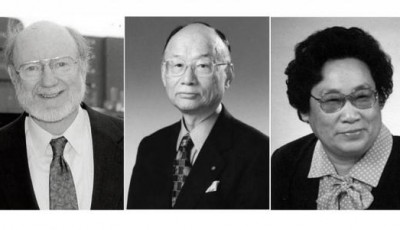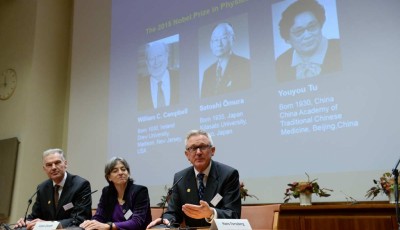Japan OKs expanded military role in lower house of parliament vote
TOKYO (AP) – The opposition walked out before the vote, and thousands of protesters took to the streets the previous night, but none of that stopped Japan’s lower house of parliament from approving a contentious set of bills Thursday to allow a greater role for the country’s military.
“The security environment surrounding Japan continues to get tougher”, Mr Abe said after the vote.
Those opposing the bills – including around 100,000 people reported to have gathered outside of parliament Wednesday – have argued that by exercising the right to collective self-defense the country would violate its war-renouncing constitution.
The bills will now move to the upper house of parliament, where Abe’s coalition holds a majority.
The demonstrations came after a special committee of the lower house passed two bills that would significantly alter the nation’s postwar security framework, allowing the Japan Self-Defense Forces to aid the United States if it came under attack and be deployed overseas to support another army in combat.
The bill will now go to the upper house, and if no vote is carried out after 60 days it will be returned to the lower house, where the LDP can enact it with a two-thirds majority.
On Wednesday, Abe conceded that “the public has yet to gain sufficient understanding of the bills”.
Katsuya Okada, head of the main opposition Democratic Party of Japan, accused the governing bloc of ramming through the changes.
The protests were reminiscent of those that toppled Abe’s grandfather from the premiership 55 years ago after he rammed a revised US-Japan security pact through parliament.
The prime minister is attempting a “constitutional coup d’etat”, said Jeffrey “Knowing he can’t revise the constitution because he doesn’t have the numbers to do so, Abe is gutting Article 9 constraints on the Japanese military”.
Abe has long wanted to remove restrictions on Japan’s military in the U.S.-drafted post-Second World War constitution. China has increased the speed of its military spending at double-digit percentage rates for decades, prompting concerns from neighbouring countries.
“[Abe] will please Washington, but in doing so he’s undermining his own political support and squandering his own political capital”, said Jeff Kingston, an Asian studies professor at Temple University’s Japan campus. With history in mind, China and South Korea are understandably worried about a change in the Japanese military stance from defensive to offensive. Beijing which is also embroiled in a territorial row with Tokyo over disputed islands in the East China Sea regularly accuses the government of Prime Minister Shinzo Abe of showing insufficient contrition for the conflict. Japanese leaders labeled the package as “war legislation” and the package’s supporters failed to present strategic arguments showing the necessity of the package.












